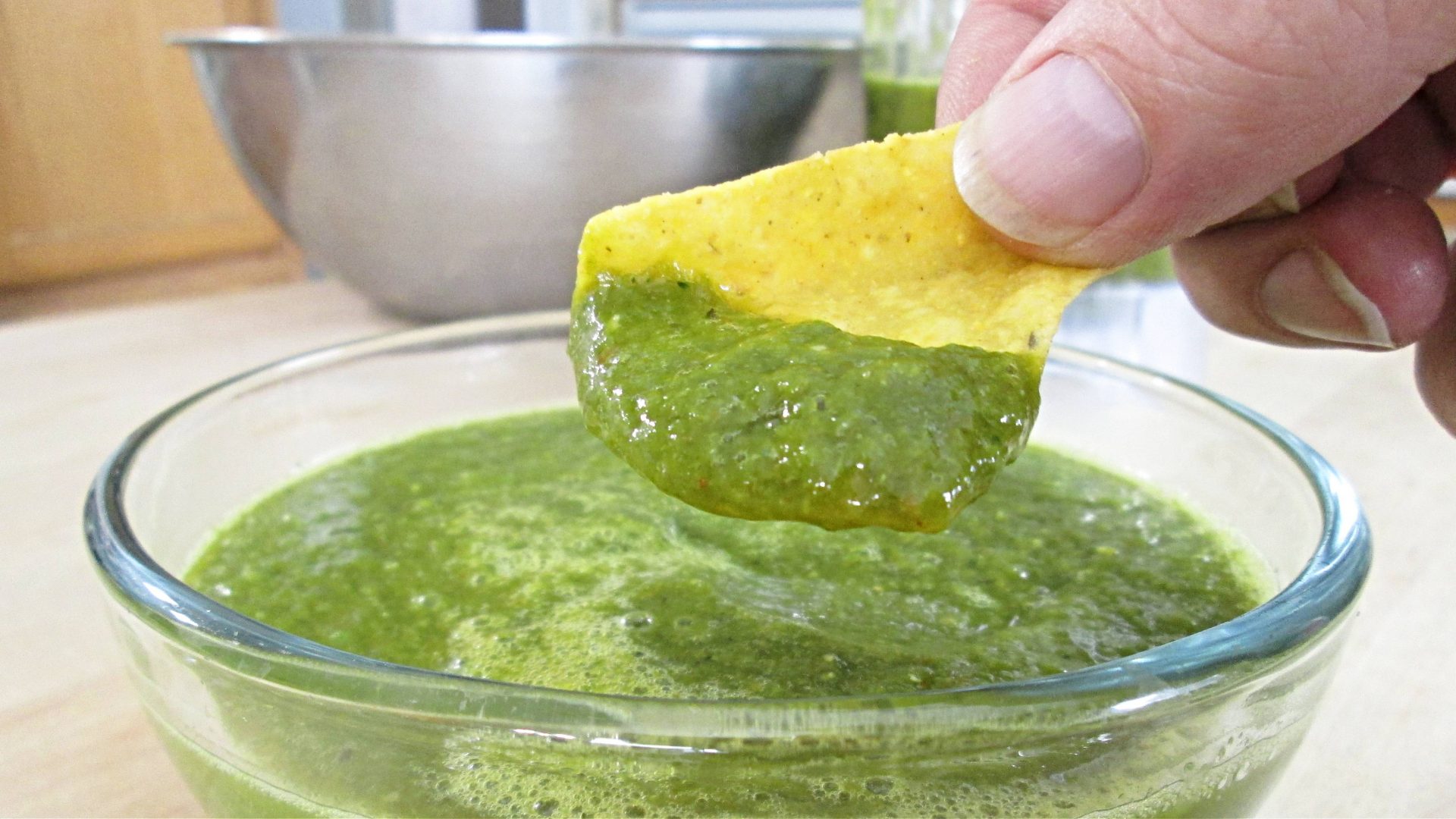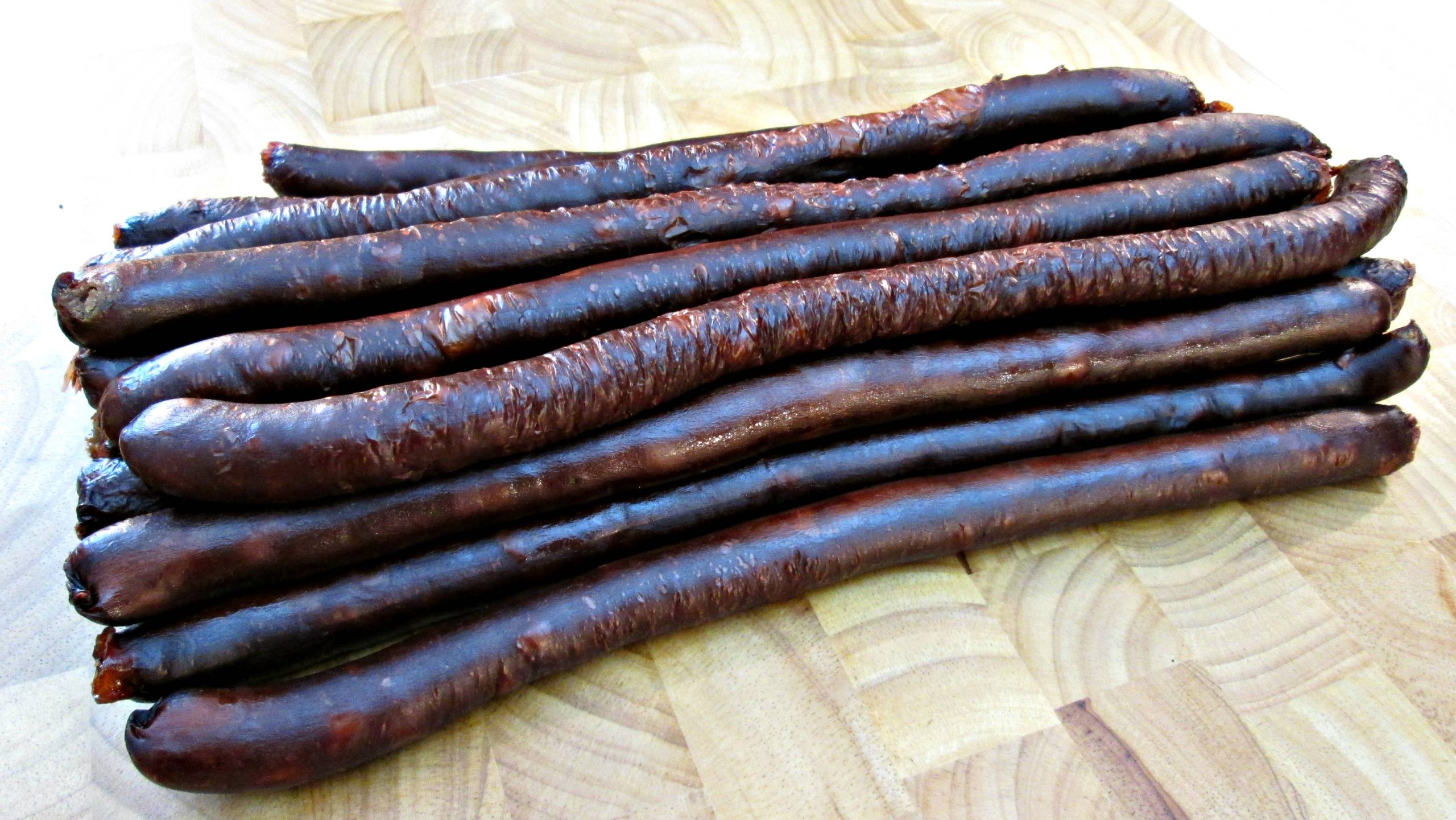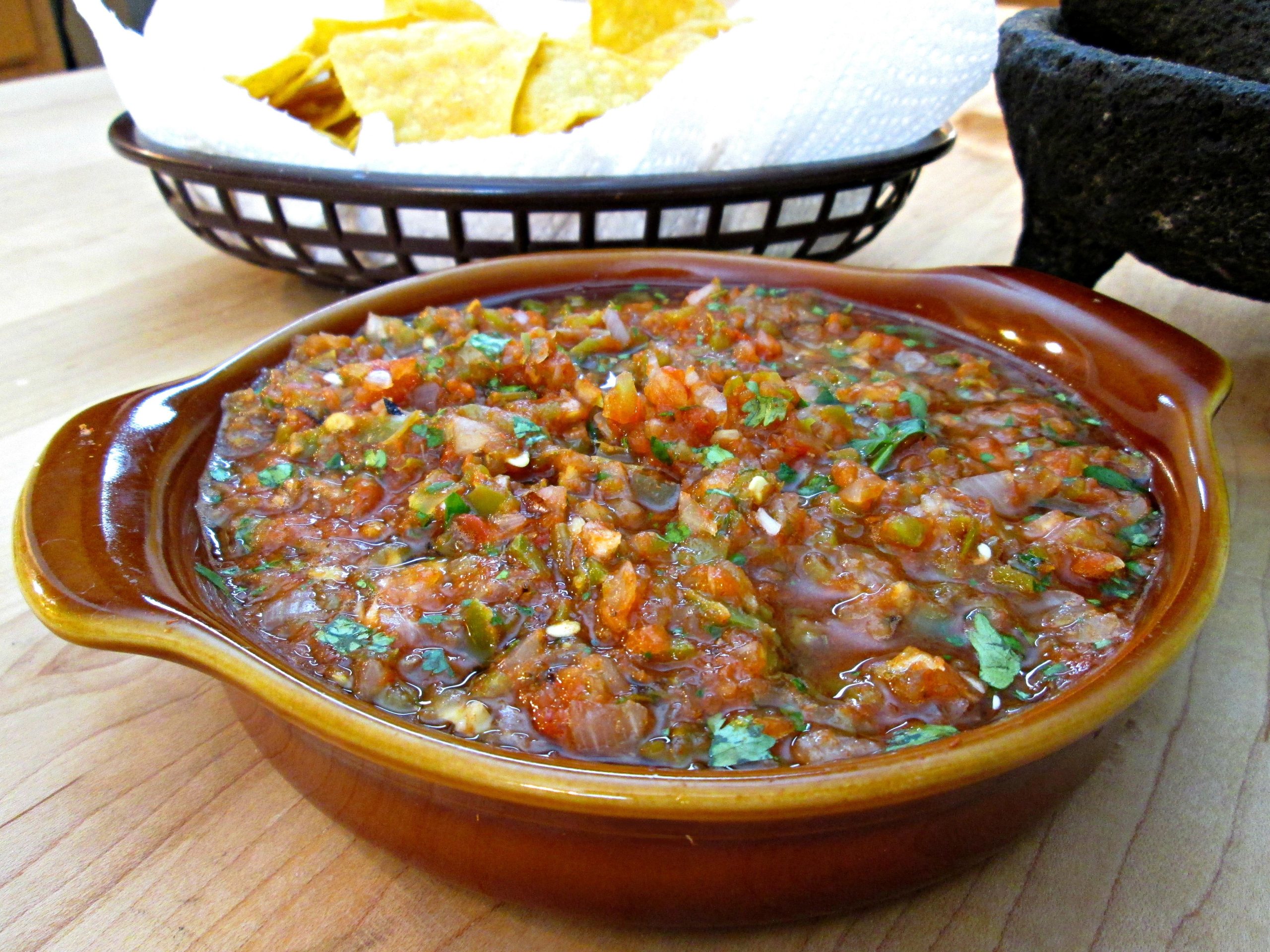
Roasted Salsa Verde
Roast tomatillos, peppers, and spices to create a tangy, flavorful salsa verde that will elevate any dish. Perfect for tacos, chips, or grilled meats!

Roast tomatillos, peppers, and spices to create a tangy, flavorful salsa verde that will elevate any dish. Perfect for tacos, chips, or grilled meats!

Juicy, flavorful Teriyaki Beef Sticks made easy! Perfect for grilling or baking, this recipe is your go-to for tender, savory skewers that everyone will love.

Smoky, savory, and absolutely delicious! This Fire Roasted Salsa recipe brings restaurant-quality flavor to your kitchen in just minutes.

Turn pork skin into crunchy, golden pork rinds with this simple recipe! Perfect for snacking or as a keto-friendly treat.

Ready to make pizza like a pro? This easy pizza dough recipe is perfect for any homemade pie. Soft, chewy, and versatile—just roll it, top it, and bake!

This 3 Cheese Chili Con Queso is the ultimate cheesy dip, loaded with bold flavors and the perfect amount of spice. Made with a blend of melty cheeses and savory chili, it’s guaranteed to be a crowd-pleaser.